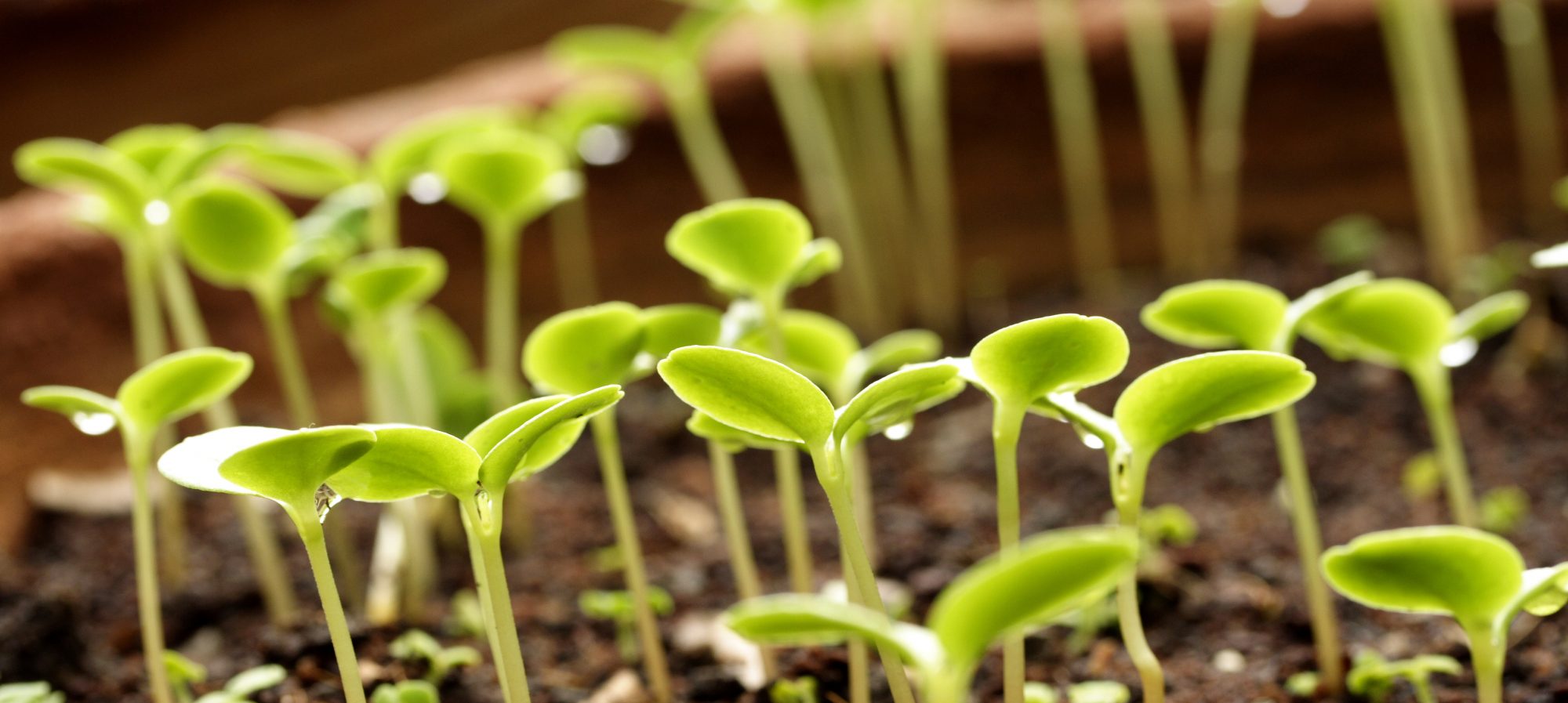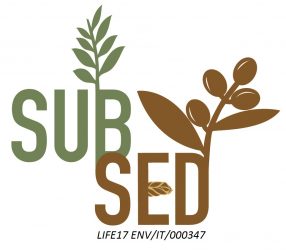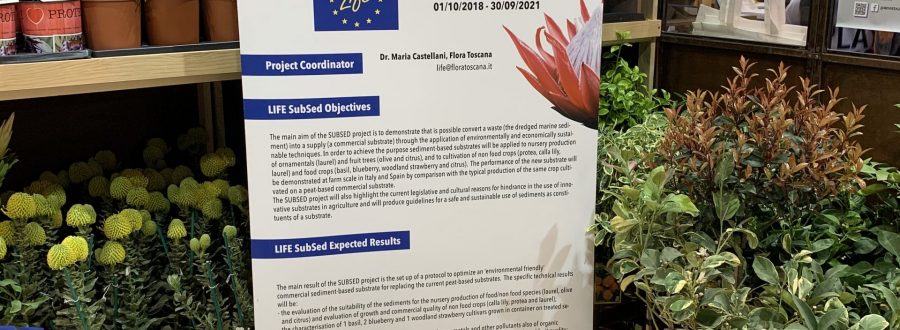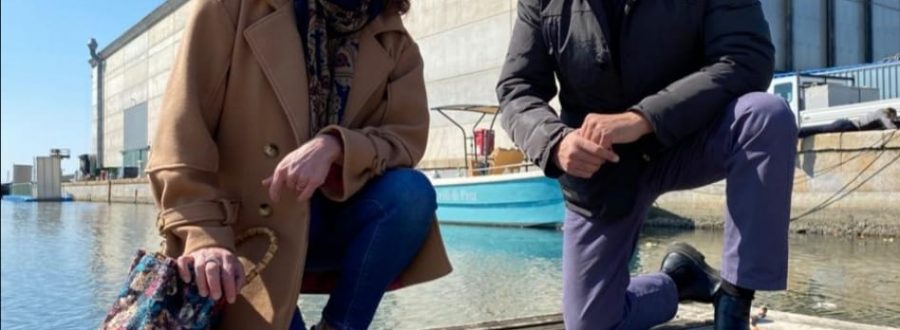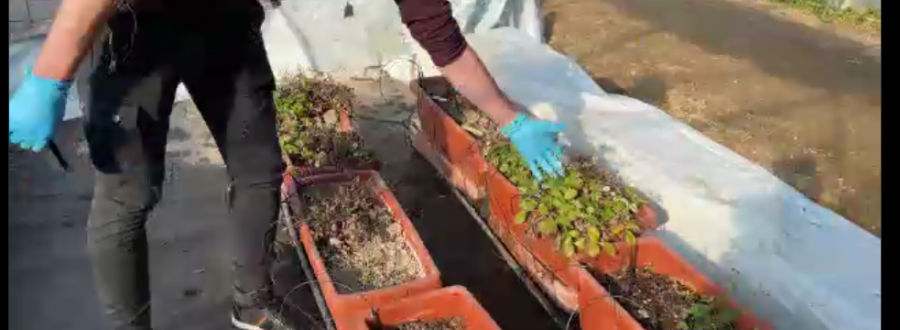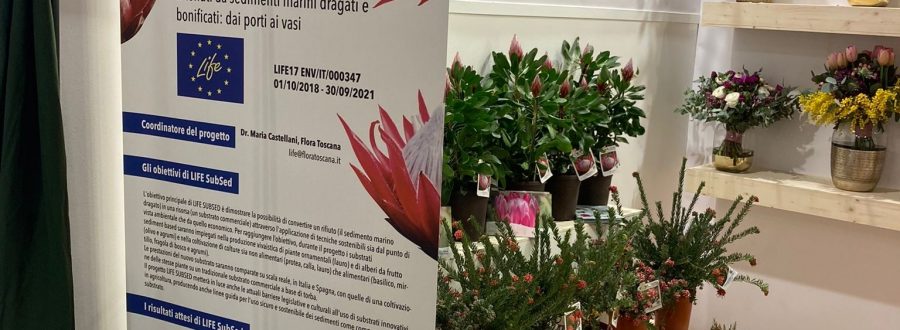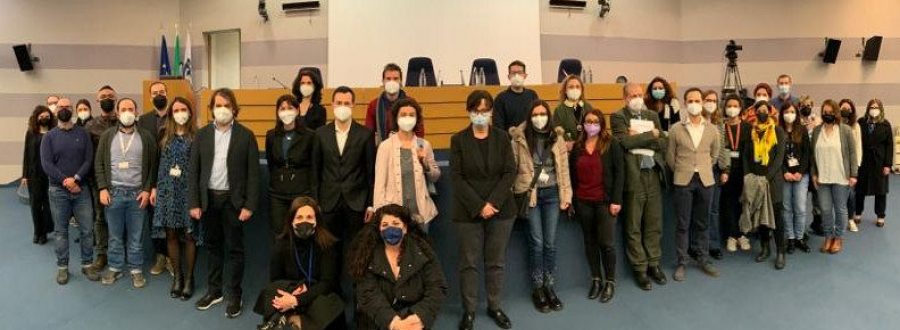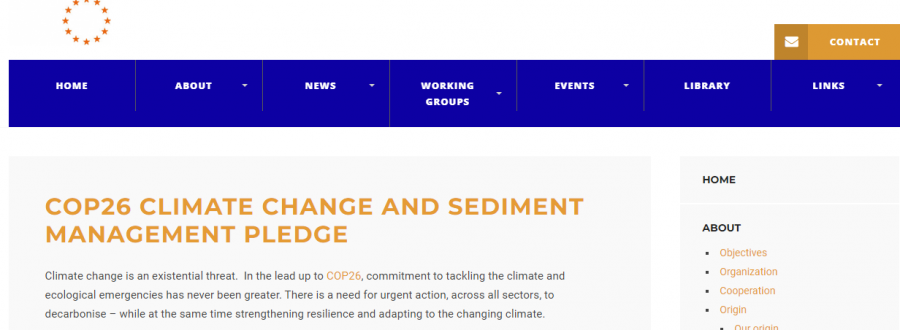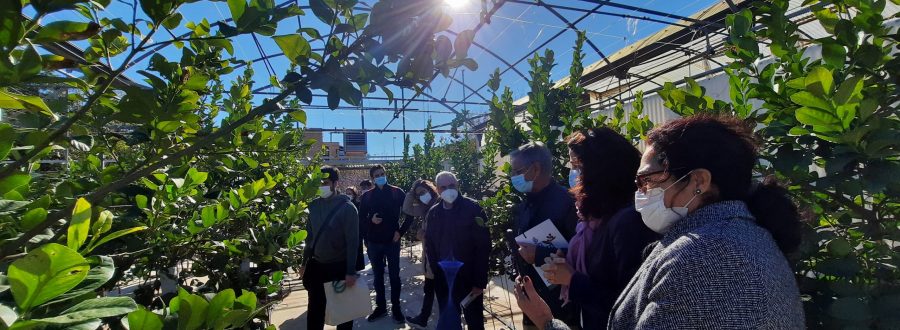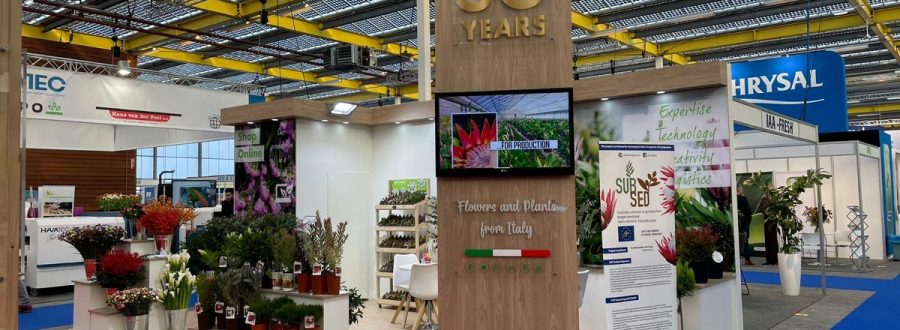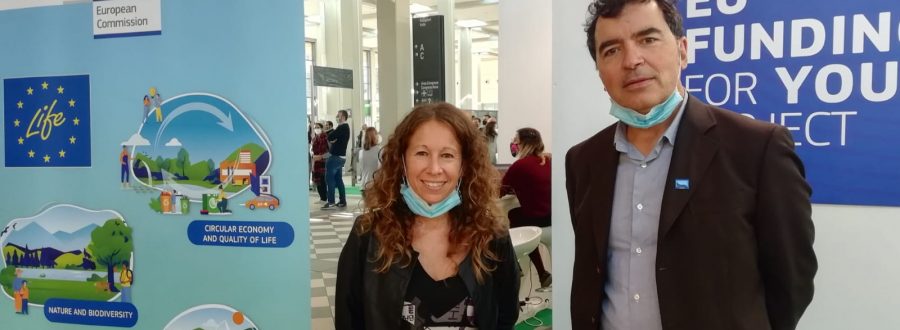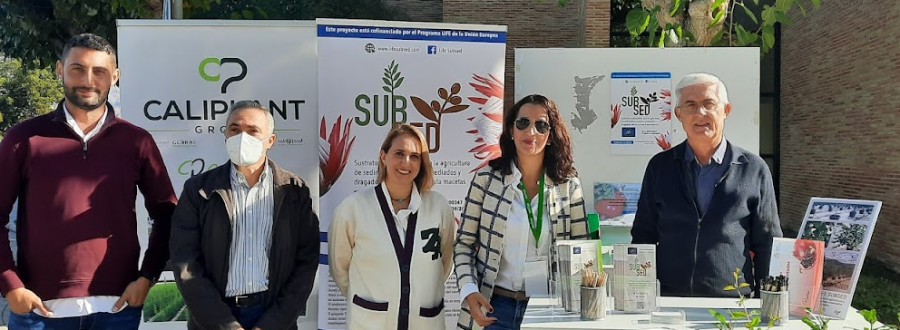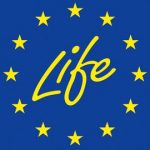 The main aim of the SUBSED project is to demonstrate that is possible convert a waste (the dredged marine sediment) into a supply (a commercial substrate) through the application of environmentally and economically sustainable techniques. In order to achieve the purpose sediment-based substrates will be applied to Italian and Spanish nursery for the production of ornamentals (cherry laurel) and fruit trees (olive and citrus), and to cultivation of non food crops (protea, calla lily, cherry laurel) and food crops (basil, blueberry, woodland strawberry and citrus).
The main aim of the SUBSED project is to demonstrate that is possible convert a waste (the dredged marine sediment) into a supply (a commercial substrate) through the application of environmentally and economically sustainable techniques. In order to achieve the purpose sediment-based substrates will be applied to Italian and Spanish nursery for the production of ornamentals (cherry laurel) and fruit trees (olive and citrus), and to cultivation of non food crops (protea, calla lily, cherry laurel) and food crops (basil, blueberry, woodland strawberry and citrus).
In detail, the specific objectives of LIFE SUBSED are:
- To demonstrate the production and the use of a new innovative remediated sediment-based substrate to be used in agriculture.
- To guarantee transferabilitby and replicability of the remediated sediment-based substrate production and use, by providing technical training and supporting tools for the case-to-case identification and implementation of the best technique and by using all media available to actively transfer knowledge at all levels, local, national and European.
- To provide public administration, which work on sediment and agriculture management strategies, of guideline for safe preparation and use of sediment-based substrate in order to translate in practice project policies
- To increase awareness and support sediment and agriculture sectors by providing cost-effective solutions that include more efficient techniques that may also improve profitability and providing market analysis to promote the innovative substrate and its diffusion through its acceptance by stakeholders, professionals, and policy makers.
- To identify and involve all relevant stakeholders related to sediment and agriculture issues. This in turn will aim to integrate social, environmental and economic components of the sediment and agriculture management.
